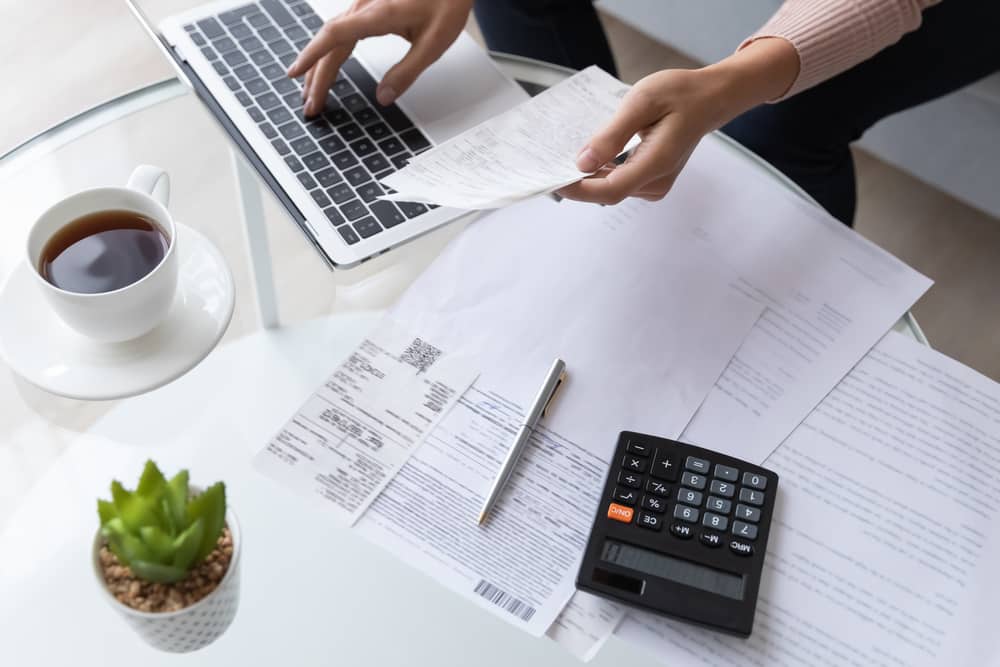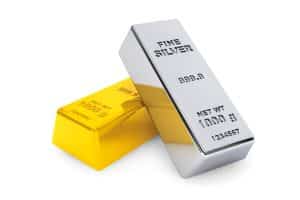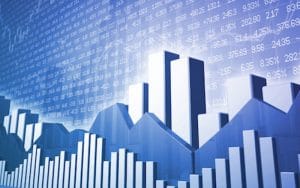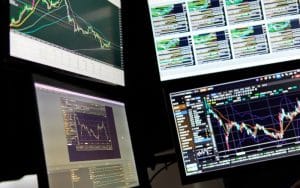When trades occur, money and goods will be transferred between countries. Different trade scenarios and quantities will result in different impacts on a country’s GDP and currency. The government keeps track of all these payments through the balance of payments.
The country will have a surplus in the balance of payments if it has more money inflows than outflows and vice-versa.
Definition
The balance of payments (BOP) is a record of all the payments made between entities of a particular country with the rest of the world over a period of time.
This metric is important in measuring a country’s economic and financial situation because it reveals trends of payments between countries which help each of them employ correct strategies to protect their respective economies. Additionally, it could provide an indication of the movement of the country’s currency.
Components of the Balance of Payments
The balance of payments is broken down into three distinct categories.
Current account
The current account is usually the biggest component of the BOP. It is separated into two main categories, visible and invisible payments. The former refers to trades in goods and services which make up the balance of trade (BOT). The latter refers to bank transfer payments between people from different countries, most notably between relatives.
Capital account
‘Capital’ refers to non-financial assets such as lands or properties. This account includes taxes and migration in or out of the country. It also deals with loans from private and public sectors, investments in stocks by non-residents, and foreign exchange reserves.
Financial account
The financial account is made up of foreign direct investments such as domestic assets owned by foreign investors or foreign assets owned by a country’s citizens.
Conclusion
The balance of payment is the government’s records of all transactions in and out of a country. It is divided into three main categories, current, capital, and financial accounts, to better keep track of the economy. Each individual account can be in a state of deficit or surplus and warrants suitable adjustments to achieve the government’s economic objectives.



